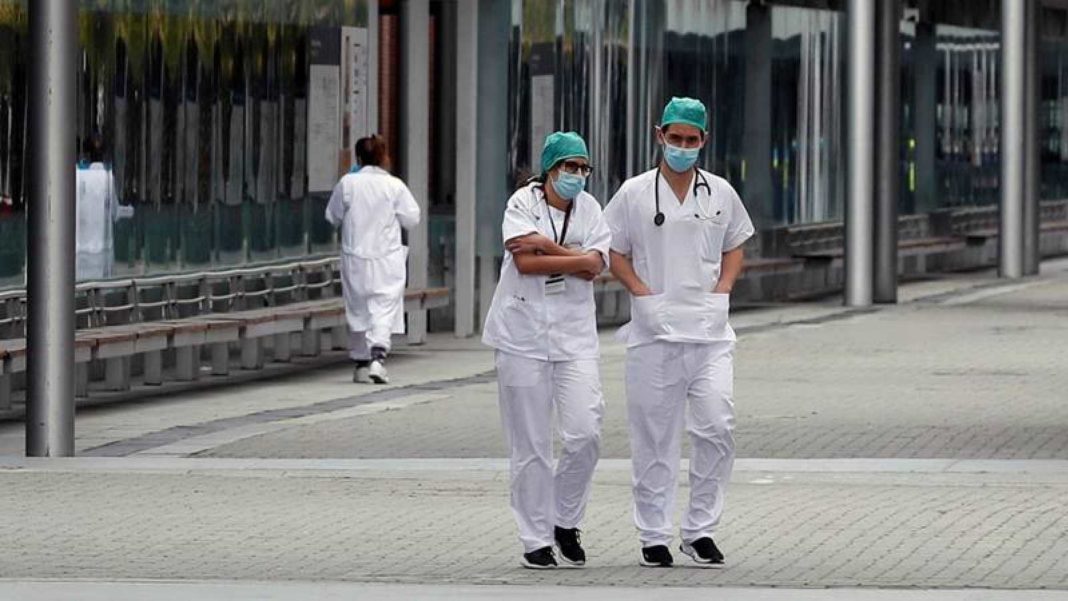The unions still believe that the measure is insufficient in the province and demand an increase in the workforce by 15%
The coronavirus pandemic is severely testing the health system, highlighting a lack of health staff in a number of different areas and specialities, especially now in health centres, where in many cases there has been no recruitment for months.
In order to cope with the coronavirus pandemic, the Ministry of Health has already hired 1,882 workers in the different departments across the province of Alicante, according to data provided by CC OO to the end of last June. These figures represent an increase of approximately 11% of the nearly 16,000 workers in the province’s hospitals and health centres.
Most of the new staff, specifically 1,384, have gone to hospitals or specialty centres and the rest to Primary Care, the first line of treatment for the pandemic.
Alicante General Hospital has added most of the new staff, a total of 626, which included the largest number of contracted personnel corresponding to Nursing.
However, the unions say that this number only covers the shortfall that hospitals and health centres have suffered for years and they believe that it is still necessary to increase the workforce by a further 15% and 25% if it is to face another surge like the one that hit the province between March and June.
“Right now the health centres is where we most need additional staff, a further 25% compared to before the pandemic”, warned Rosa Atiénzar, secretary general of the Federation of Health of CC OO.
As for specialised staff, Atiénzar believes that the situation is very uneven, depending on the service in question. “There are some services, such as emergencies, that need to create two systems, for covid and non-covid patients, so in these areas it would be necessary to double the workforce to properly serve the needs of the general public.”
With the situation in hospitals, for the moment, under control, it is the Primary Care doctors and nurses who are feeling most of the pressure with both the follow-up of coronavirus patients and the majority of others who are isolating at home. They are also responsible for tracing close contacts as well as house calls for their chronic patients, home notifications and emergencies.
According to Víctor Pedrera, provincial secretary of the Medical Union, “Primary Care is currently on the verge of chaos.”
However the CC OO union estimates that 40% of the places offered between July and August to cover staff holidays have remained unfilled due to this lack of qualified staff. They say that at the very least, the temporary staff already employed for holiday cover, who are due to leave at the end of September, must be retained to cope with the increase in coronavirus cases.





